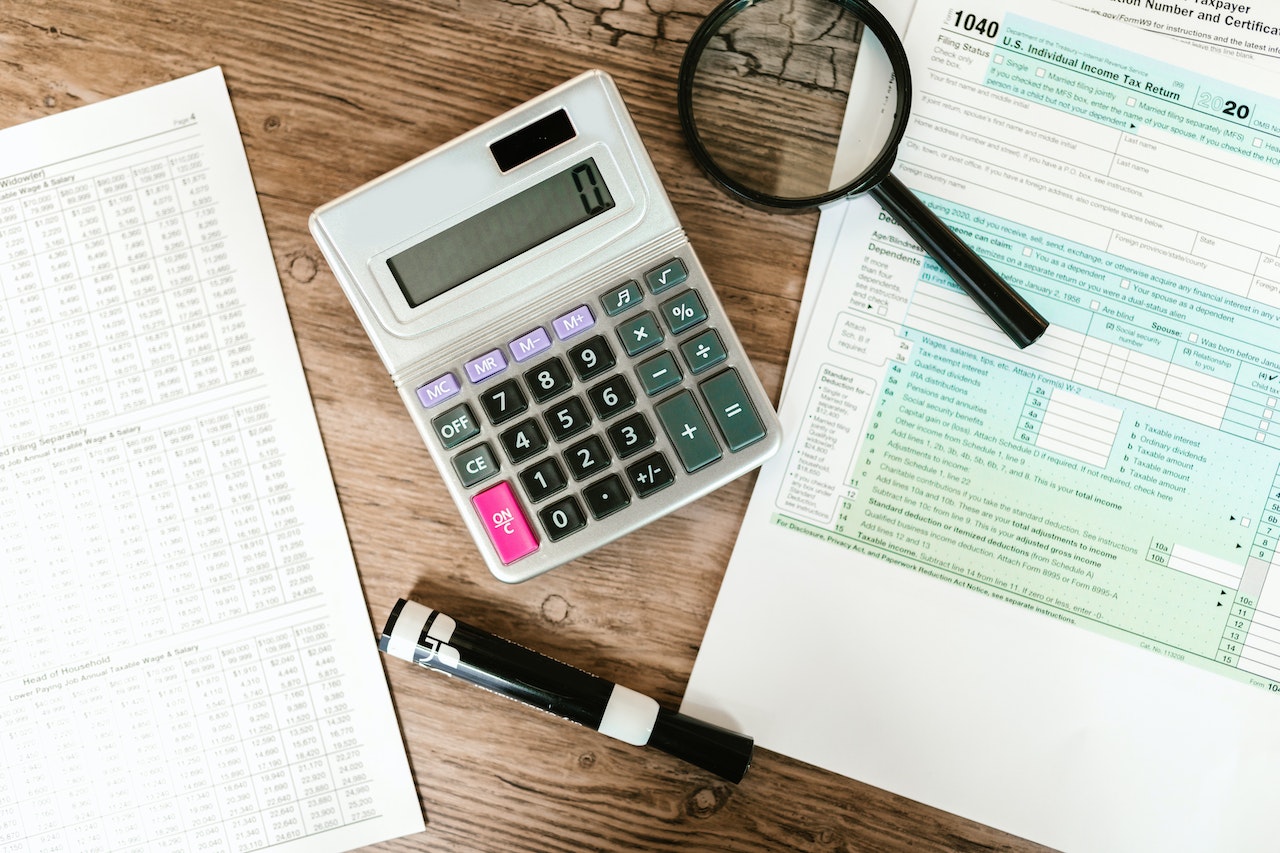Buying a house is a big step in anyone’s life. A good home doesn’t come with a tiny price tag, even if you’re buying a “tiny” home. You’ll need to know how to manage your funds and your financial history to line up all the things it takes to successfully purchase a new home.
If you are soon to be searching for a new place to call home, it’s good to do a little prep before hitting the for sale ads. Take a moment to read through this brief look into a few financial tips for purchasing a new home, and go into the process feeling more prepared for what’s ahead.
Become familiar with your credit
You don’t want any embarrassing surprises during your home buying process, so it’s good to know your own skeletons before you house hunt. Take a thorough inventory of your credit history, and work to make it a prettier picture.
If you already have great credit, then you’re well on your way to homeownership. However, some people need a little more time to clean up past financial indiscretions.
You don’t want a pay-later scheme to affect your home loan application. Make your credit cleanup a priority, as it may take some time to rework your financial representation.
Build a healthy down payment saving
No matter what kind of house you plan to purchase, you will need a down payment to get the ball rolling on your ownership of the property. It’s safe to save at least 20 percent of the total projected cost of a home as your down payment.
For instance, a $200,000 home would require you to save $40,000 for a down payment. Of course, this is a high projection. If you have really good credit, you won’t have to pay the full 20 percent to get a home loan.
Determine just how much house you can afford
It’s a good idea to take the time to truly work up some numbers and find out what you can really afford to pay for a home. You don’t want to get in over your head with the financial side of things.
As a general rule of thumb, your monthly house payment should be less than 28 percent of your gross monthly income. Your total debts shouldn’t be more than 38 percent of your total monthly income.
Work to gain loan approval
You’ll want to have a letter of preapproval for a home loan before you make a serious approach to purchasing a new home. Your loan pre-approval letter makes your offer more solid to sellers.
Don’t overlook the added costs
When you’re planning for the financial aspects of purchasing a home, don’t forget the added costs. Closing costs may be on your dime.
You’ll need the money to make the house livable once you take possession of the property. You will also need to pay for an inspection and any property-related costs surrounding the purchase of your home.
Infographic Provided by Marketplace Homes


